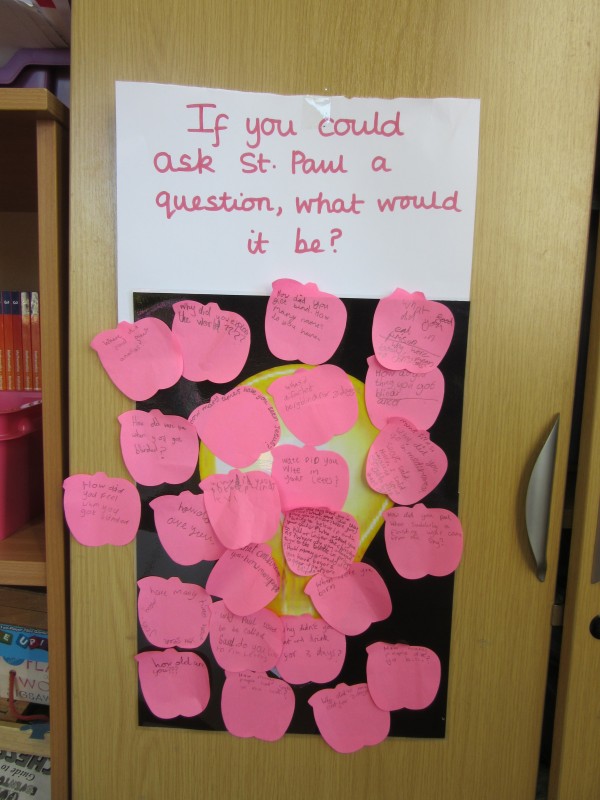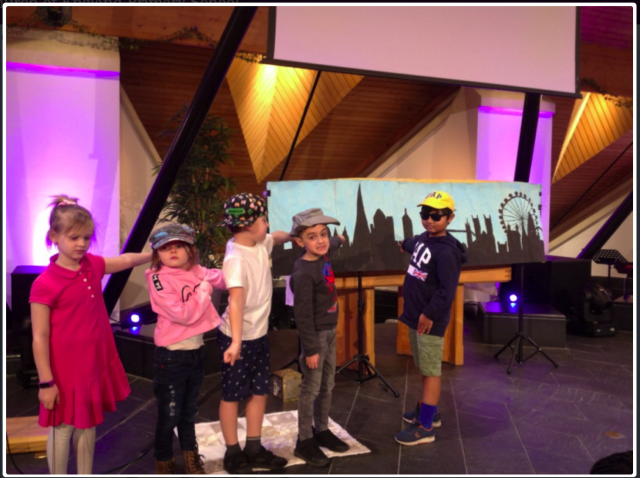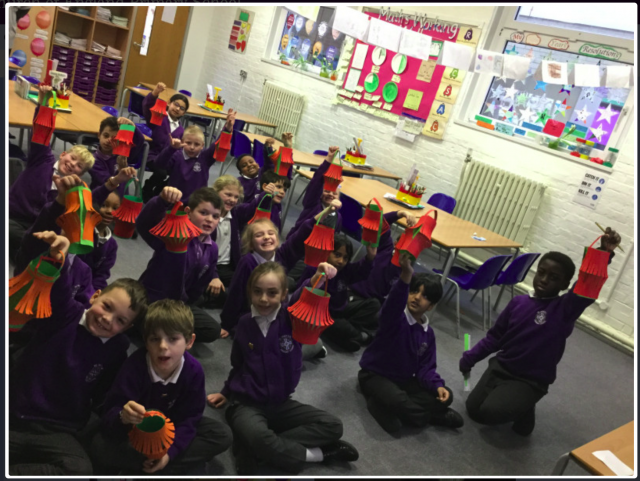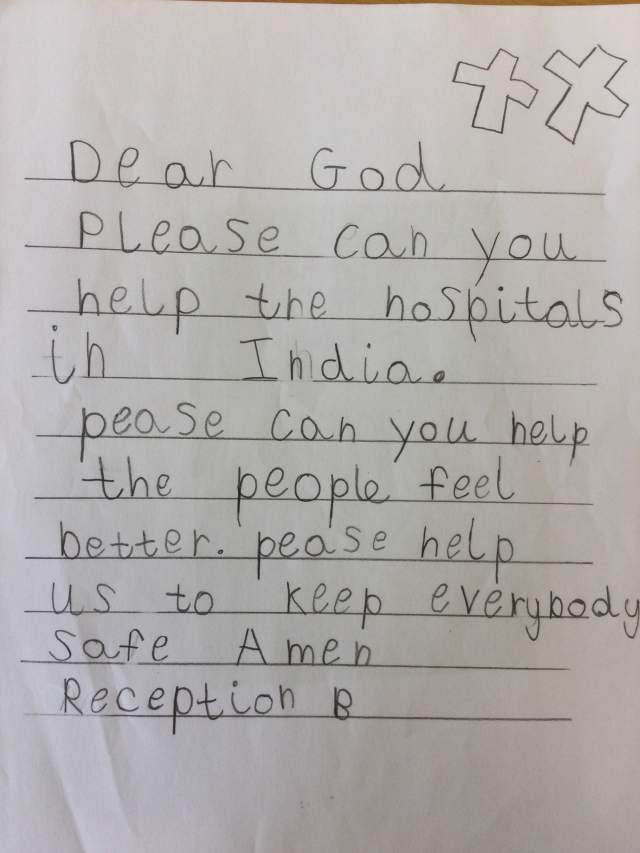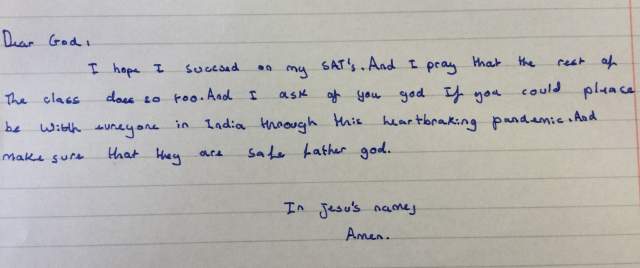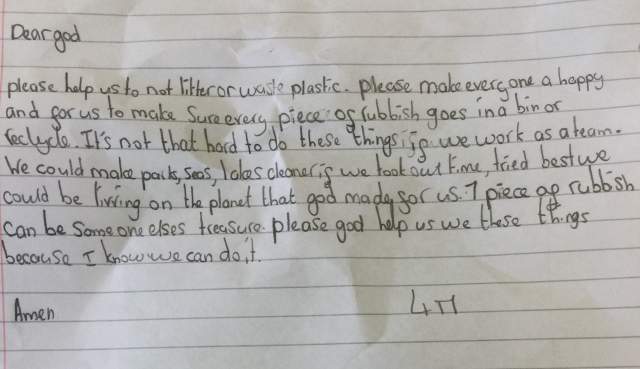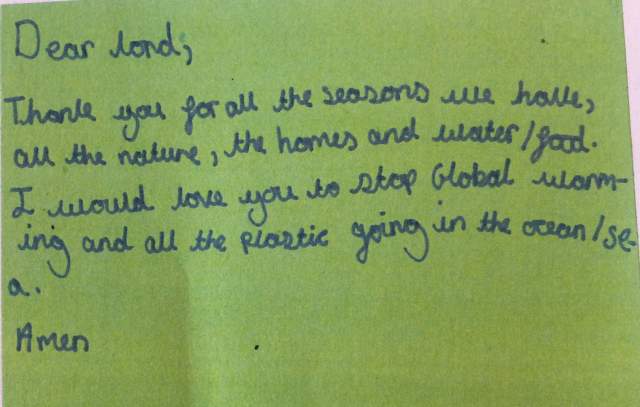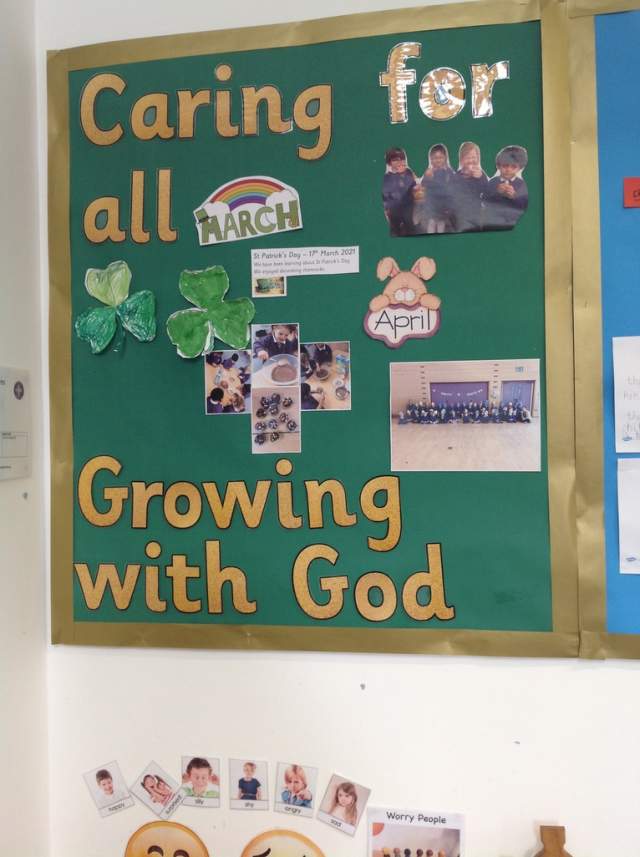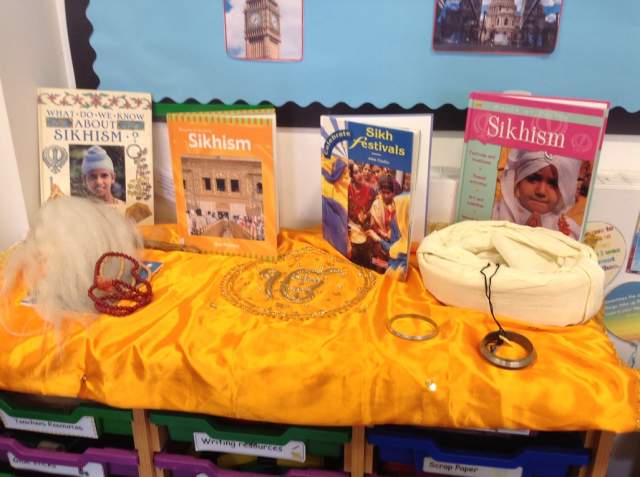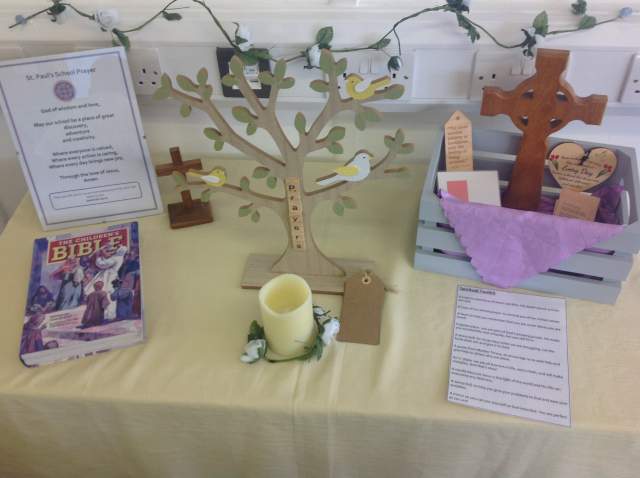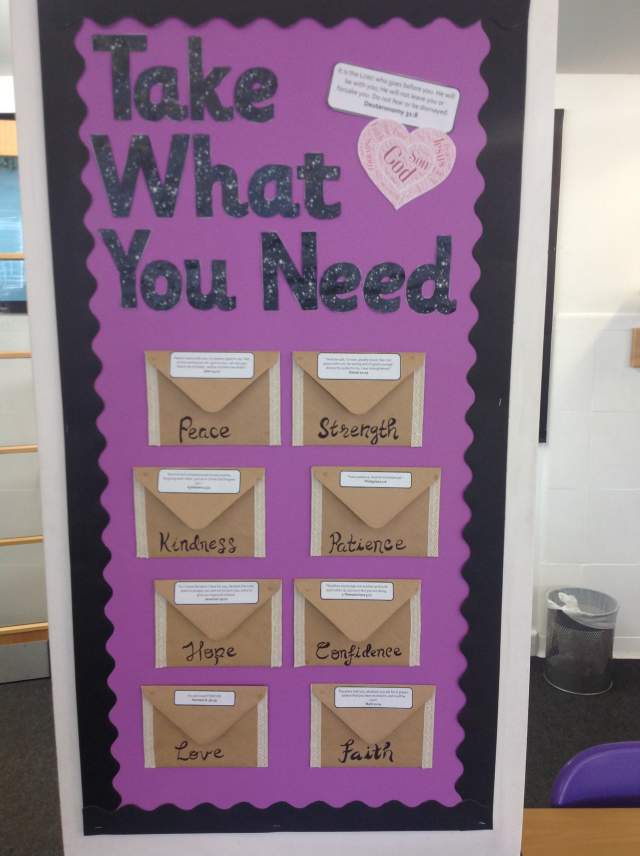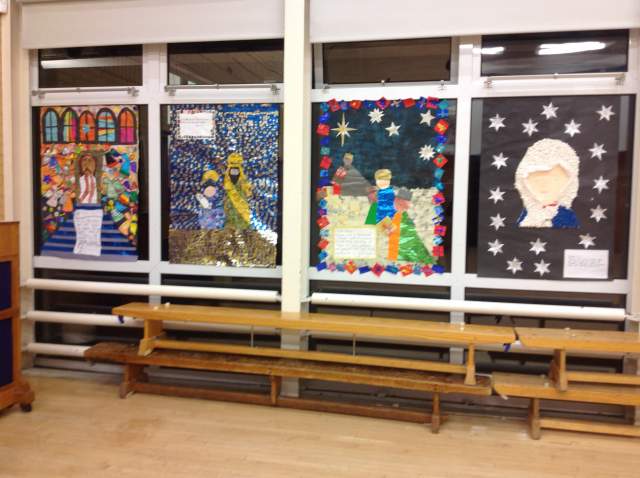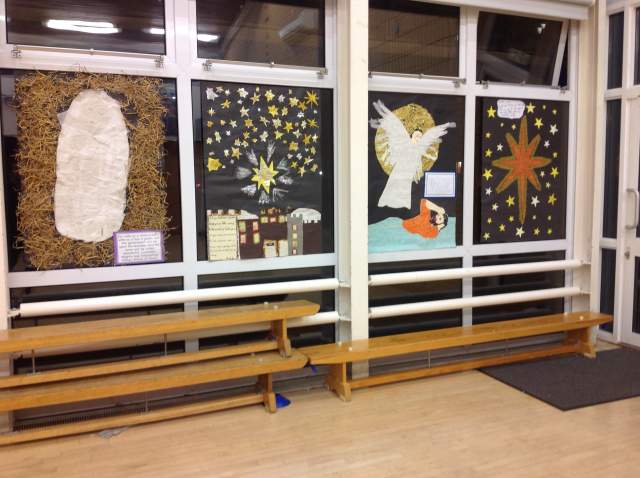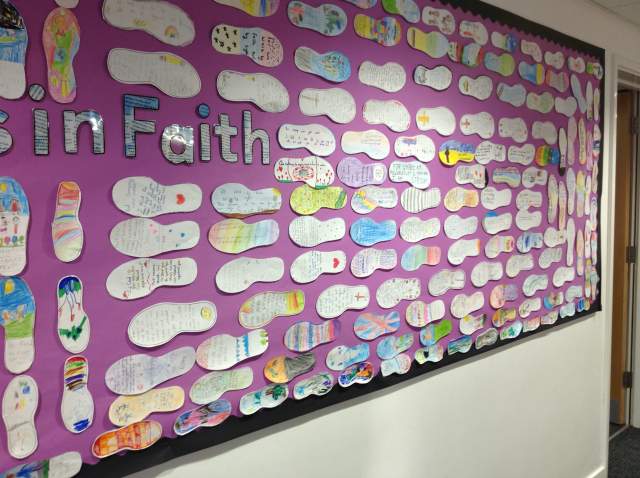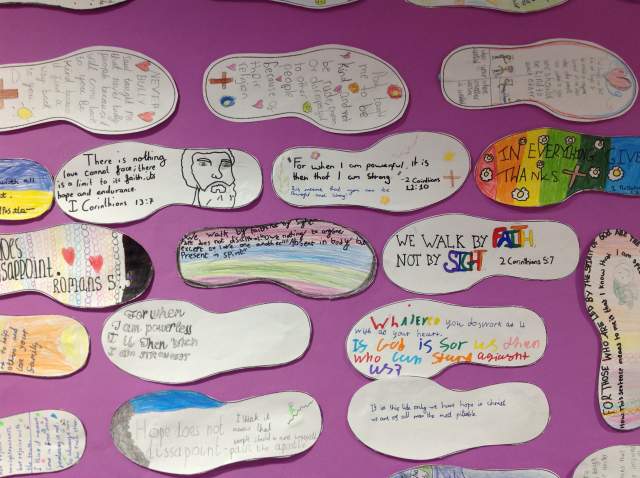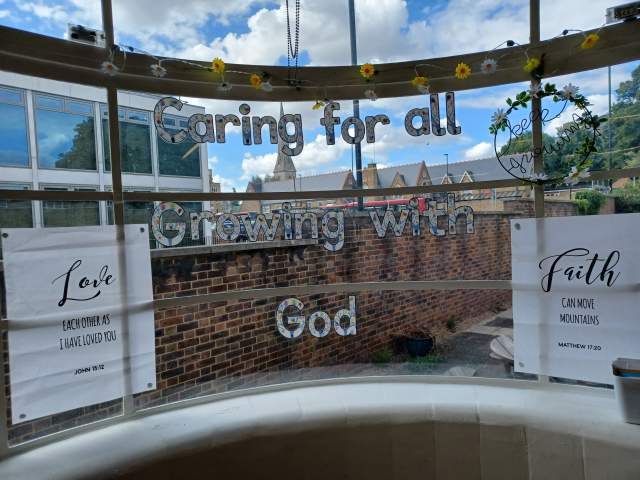Religious Education
Our theologically rooted Christian vision underpins all that we do: ‘Rooted and growing in God’ is a message we live by as a school community and it is at the core of our teaching, learning and relationships. More about our Christian visions and values can be found here: https://www.stpauls.hounslow.sch.uk/index.php/vision-and-aims
“They are like trees planted along the riverbank, bearing fruit each season. Their leaves never wither, and they prosper in all they do”. Psalm 1:3
Our vision is for every single one of our children to be rooted in God’s love for them, and able to grow, prosper and be fruitful, both socially and academically.
Religious Education
Religious Education is taught as a discrete subject at our school by the Class Teacher and as a church school, it has core subject status. The Religious Education scheme of work reflects the fact that the religious traditions of Great Britain are in the main Christian whilst taking account of the teaching and practices of the other principal religions represented in Great Britain.
Our teaching of Religious Education is based on the London Diocesan Board for Schools (LDBS) scheme of work, which was updated fully in September 2017 and is reviewed regularly. There are two key elements to our Religious Education curriculum: Learning about religion and learning from religion. We use an enquiry-based approach, encouraging the children to consider the importance of key questions and giving them time to reflect on how it has meaning and relevance to their own lives. Teachers use a range of resources and strategies to enhance the learning experience, including visits to religious places of worship. We work and plan closely with our local church and clergy to support the curriculum and collective worship across the school. The Religious Education and Collective Worship Policies and Scheme of Work are agreed by the school’s governing body.
Progress in Religious Education is measured against key learning intentions from the various units taught. These intentions focus on key aspects of different religions and themes within Christianity and vary depending on the key stage. Earlier assessment begins with pupils being able to recall, retell and name in the Foundation Stage and Key Stage 1, progressing towards pupils making comparisons, explaining and expressing their personal views on Religion by the end of Key Stage 2. Teachers complete the assessment document on a yearly basis, making a note of the children’s attainment.
Every class prepares and leads a service for the school at our Parish Church, St Paul’s. The content of the services draws on the Religious Education curriculum and the Christian calendar. Visits to other churches and places of worship, including St Paul’s Cathedral, are incorporated into the curriculum where possible. In January we celebrate the life of our patron saint, St Paul through a week-long series of activities, culminating in a special assembly led by Year 2.
Every classroom has a dedicated RE Prayer and Reflection corner. This reinforces to pupils, staff and visitors the importance of RE in our Christian School and welcomes children to share their own prayers and beliefs.
The Power of Prayer
During Collective Worship time we offer opportunities to participate in and lead prayers. Our children are eager to talk to God and share their worries; requests and thanks through prayer. Below please find some examples of prayers written by children in different year groups. (Please note: Spelling has been modified for some younger pupils)
Dear God,
I play with my family. I love my family. Amen. - Reception pupil
Dear God,
Please help us to not litter or waste plastic. Please make everyone happy and for us to make sure every piece of rubbish goes in the bin or is recycled. It’s not that hard to do these things if we work as a team. We could make parks, seas and lakes cleaner. If we took our time and tried our best we could be living on the planet God made for us. 1 piece of rubbish can be someone else’s treasure. Please God help us with these things because I know we can do it. Amen. - Year 4 pupil
Dear God,
I am happy playing with my friends. I play with Lego with my friends. I like playing with my family. Amen. - Reception Pupil
Dear God,
Please be with the people in other countries because lots of people are dying. There is not a lot of food or water or safe places to live. Please help them. Amen. - Year 3 pupil
Lord,
I hope that pollution will get better because lots of animals are dying from it across the world. Help us to make small changes to protect the world we live in. Amen. - Year 6 pupil

